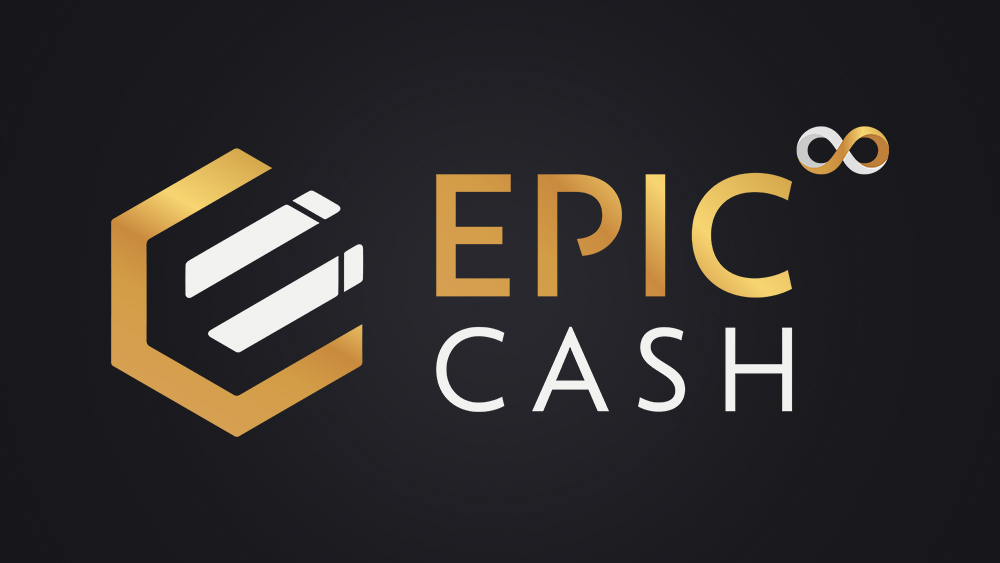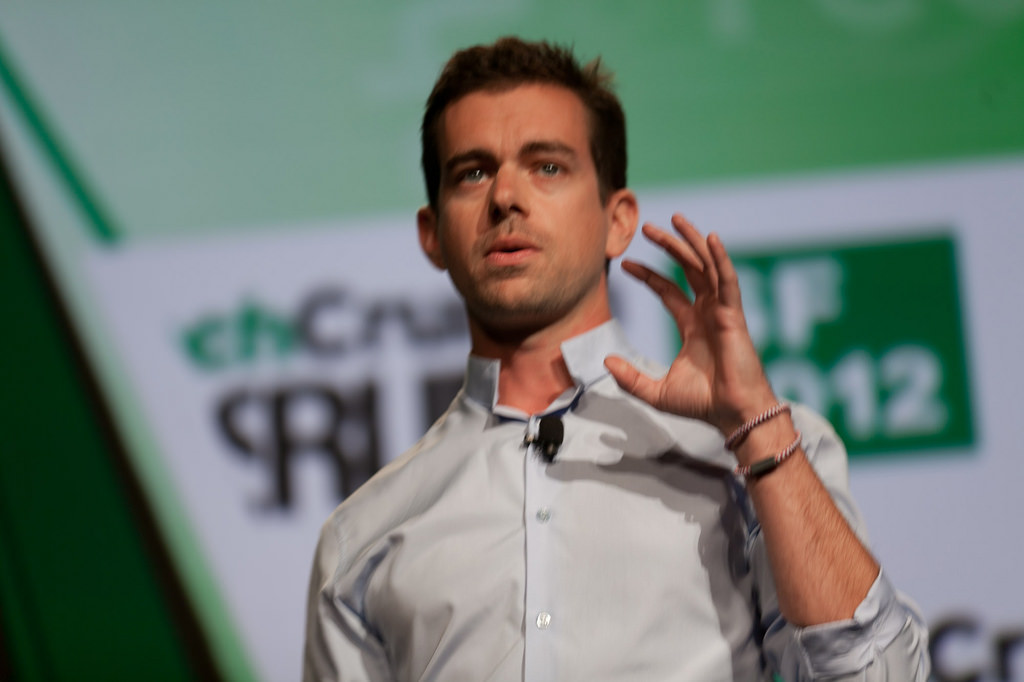Google is using AI to dig through Gmail accounts to “find exactly what you’re looking for” – and perhaps MORE
06/06/2023 / By Arsenio Toledo

Google has introduced a “highly requested” artificial intelligence-powered search feature in its Gmail service for mobile users.
Alphabet, Google’s parent company, announced the change in a blog post on its website on June 2, telling everyone who uses Gmail on their smartphones that they will soon see a “top results” section when they are searching through their old messages or attachments in their Gmail app. (Related: Ex-Google engineer warns Microsoft’s AI-powered Bing chatbot could be sentient.)
This new feature is meant to speed up the process of finding emails or files while using the Gmail app.
This new top results section will be crafted by Google’s AI-powered machine learning algorithms, which the company said would use the user-inputted search terms, look through emails and consider other “relevant factors” with the aim of better finding what a user is searching for.
Google claims that this feature was “highly requested” by users. The feature began rolling out to Gmail users on June 2, but Google said it could take an additional 15 days – June 17 – or more before it becomes available to all users.
Google rolling out more AI features in other products
The new feature is the latest example of Google’s recent commitment to introduce more and more AI features into its products. This comes as the tech company works to catch up with its rivals in the AI sphere, notably with the release of OpenAI’s extremely popular AI-powered chatbot ChatGPT.
Google has also recently announced several new AI features and services at a conference in May. This includes the release of Google’s own AI chatbot called Bard, which will reportedly be integrated into the company’s search engine in the future.
The company promised at this conference to integrate more generative AI features in its other products, including existing Workspace apps like Docs, Sheets, Slides, Chat and Meet.
Prominent among these is a “help me visualize” panel for Slides, which lets users enter prompts and get AI-generated image responses in return. These responses can then be further refined with the “Style” feature, with choices including photography, illustration, flat lay, background and clipart.
Google is also rolling out a “Help me write” feature for Gmail and Docs. In the former, the feature will be expanded to provide people with contextual suggestions for replies to emails that take into account the previous thread – which means that Google will be reading people’s emails. This feature allows the AI to add specific details to the replies it generates from prompts written by users.
Google integration of AI raises privacy concerns
Google’s ongoing work to integrate more AI mechanisms into every facet of its tech footprint has raised concerns that this AI integration drive could pose a threat to people’s privacy.
Currently, the dataset used by Google’s Bard AI comes from internal Google data, including data from Gmail.
“The problem with AI having access to personal data is that artificial intelligence could end up manipulating human beings,” warned Naveen Athrappully, writing for The Epoch Times.
“[AI has an] uncanny ability to pierce through personal digital privacy” so much that it could help governments predict and control people’s behavior, warned Republican Rep. Jay Obernolte of California in an interview. “I worry about the way that AI can empower a nation-state to create, essentially, a surveillance state, which is what China is doing with it.”
Learn the latest AI-related actions being taken by tech giants like Google at BigTech.news.
Watch this clip from Fox News Digital discussing Americans’ fears of how the proliferation of AI will negatively impact their daily lives.
This video is from the News Clips channel on Brighteon.com.
More related stories:
Big Tech, globalist elites join forces in secret meeting to talk about artificial intelligence.
Google unveils plan to use AI to completely destroy journalism.
“Godfather of AI” quits Google, warns of risks associated with the technology he helped develop.
Google CEO admits he DOESN’T UNDERSTAND how his company’s AI chatbot Bard works.
Sources include:
Submit a correction >>
Tagged Under:
AI, artificial intelligence, badtech, Big Tech, computing, future tech, Glitch, gmail, Google, information technology, privacy, privacy watch, robotics, robots, surveillance, tech giants, technocrats
This article may contain statements that reflect the opinion of the author
RECENT NEWS & ARTICLES
COPYRIGHT © 2017 SURVEILLANCE NEWS




















